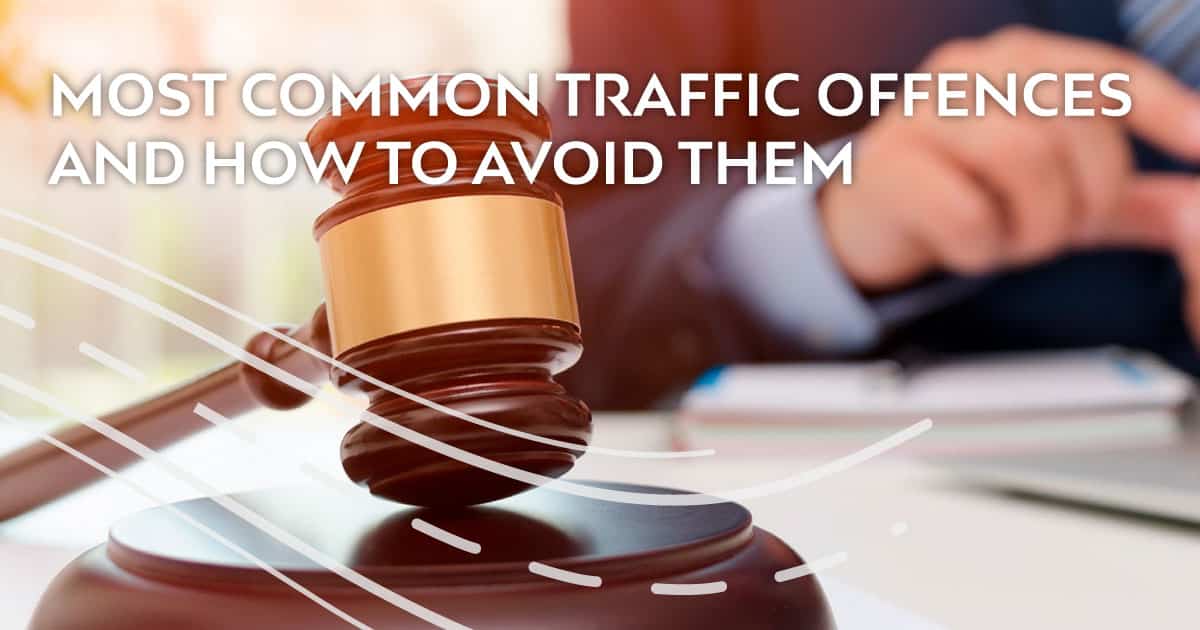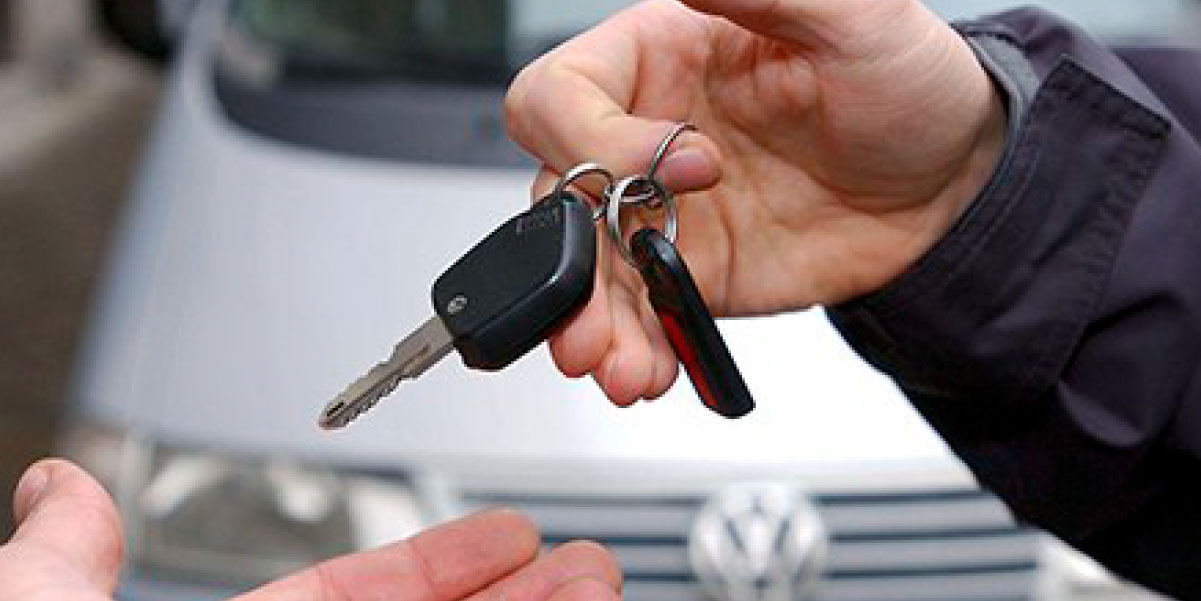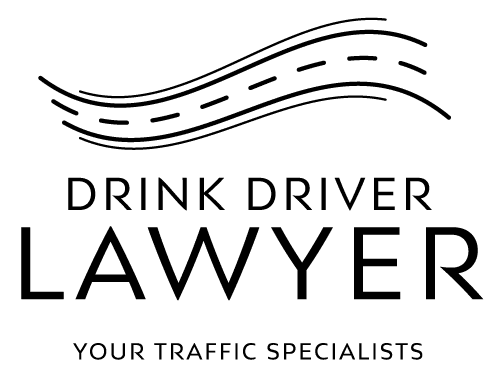
Driving on Australian roads comes with significant responsibilities, including adhering to traffic laws, prioritising road safety, and avoiding potential penalties. This blog post aims to provide comprehensive insights into the most common traffic offences encountered in the country. By familiarising yourself with these offences and implementing safe driving practices, you can actively contribute to a safer and more harmonious driving environment for everyone on Australian roads.
Most Common Traffic Offences and How to Avoid Them
Speeding
Speeding continues to be one of the most prevalent traffic offences across Australia, posing serious risks to road users. To avoid this offence, it is crucial to always maintain awareness of posted speed limits. Additionally, drivers should adapt their speed to match road conditions, considering factors such as weather, visibility, and traffic congestion. Practising defensive driving techniques and being mindful of changing speed zones, particularly in school zones and construction areas, can help prevent accidents caused by excessive speed.
Running Red Lights
Running a red light not only jeopardises your safety but also endangers others on the road. Strict adherence to traffic signals is vital to prevent accidents and maintain order at intersections. When approaching a red light, ensure you come to a complete stop before the designated stop line or intersection. Wait for the signal to turn green before proceeding, and exercise caution even when the light turns yellow, as it is not an invitation to speed up but rather an indication to prepare for a safe stop.
Mobile Phone Use while Driving
Using a mobile phone while driving is illegal in most Australian states due to the inherent risks it poses. To avoid this offence, it is crucial to prioritise the task of driving and eliminate distractions. If you need to use your phone, pull over to a safe location before doing so. Utilising hands-free devices, if permitted by law, can also help you stay connected while keeping your hands on the wheel and eyes on the road.

Drink Driving
Driving under the influence of alcohol or drugs is not only illegal but also extremely hazardous. Australia has a zero-tolerance policy for drink driving, emphasising the importance of making responsible choices. Before consuming alcohol, plan alternative transportation options such as designated drivers, taxis, rideshare services, or public transportation. By doing so, you prioritise the safety of yourself and others, contributing to a reduction in drink-driving-related accidents. Contact your local Traffic Lawyers Gold Coast to find out more information!
Failing to Wear Seatbelts
Wearing seatbelts is not just a legal requirement in Australia; it is a vital aspect of personal safety. Before embarking on a journey, ensure that all occupants are wearing their seatbelts correctly.
Children should be securely restrained in age-appropriate car seats or booster seats, depending on their age and size. By making seatbelt usage a habit, you significantly reduce the risk of severe injuries or fatalities in the event of an accident.
Dangerous Overtaking
Overtaking other vehicles recklessly is a common cause of accidents on Australian roads. To avoid this offence, exercise patience and caution when overtaking. Always ensure there is sufficient visibility and enough space to safely overtake the vehicle in front of you. Use your indicators to signal your intention to other drivers, and only execute the manoeuvre when it is legal and safe to do so.

Failure to Give Way
Failing to give way at intersections, roundabouts, or pedestrian crossings can lead to collisions and traffic hazards. Understanding and following right-of-way rules is essential for safe driving. Familiarise yourself with the specific rules applicable in your area and exercise patience and courtesy towards other road users. By respecting the right-of-way, you contribute to a smoother traffic flow and reduce the likelihood of accidents.
If you have been charged with a traffic offence, here are some general steps you can consider taking:
Understand the charges: Read through the charge carefully to understand the specific offence you are being accused of. Make note of the relevant details, such as the date, time, and location of the incident.
Gather information: Collect any evidence or documentation related to the incident, such as photographs, videos, witness statements, or any other relevant records. This evidence may help build your defence.
Consult an attorney: It is advisable to seek legal advice from a qualified attorney who specialises in traffic offences. They can provide guidance specific to your case, explain your legal rights, and help you navigate the legal process.
Know your options: Discuss with your attorney the available options, such as pleading guilty, negotiating a plea bargain, or contesting the charges in court. Your attorney can help you understand the potential consequences and advise you on the best course of action based on the circumstances.
Prepare for court: If you decide to contest the charges, your attorney will guide you through the court proceedings. They may help you prepare a defence strategy, gather additional evidence, and represent you in court.
Attend court hearings: It is crucial to attend all court hearings as required. Failing to appear in court can result in additional penalties or a warrant being issued for your arrest.
Follow legal instructions: Follow the advice and instructions given by your attorney. They are experienced in handling legal matters and can provide valuable guidance throughout the process.
Consider plea bargaining: In some cases, your attorney may negotiate with the prosecution for a plea bargain, which could lead to reduced charges or penalties. The decision to accept a plea bargain ultimately rests with you, after considering the advice of your attorney.
Remember, traffic offence procedures and penalties can vary by jurisdiction, so it’s important to consult with a legal professional who is knowledgeable about the specific laws in your area.
As responsible drivers, Australian motorists must have a comprehensive understanding of traffic laws to promote road safety. By avoiding common traffic offences such as speeding, running red lights, using mobile phones while driving, drink driving, failing to wear seatbelts, dangerous overtaking, and failing to give way, we can collectively create a safer driving environment. Stay informed about the latest traffic regulations, practice defensive driving techniques, and prioritise the safety of yourself and others on the road. Let us work together to cultivate a culture of responsible driving and strive for safer roads throughout Australia.
